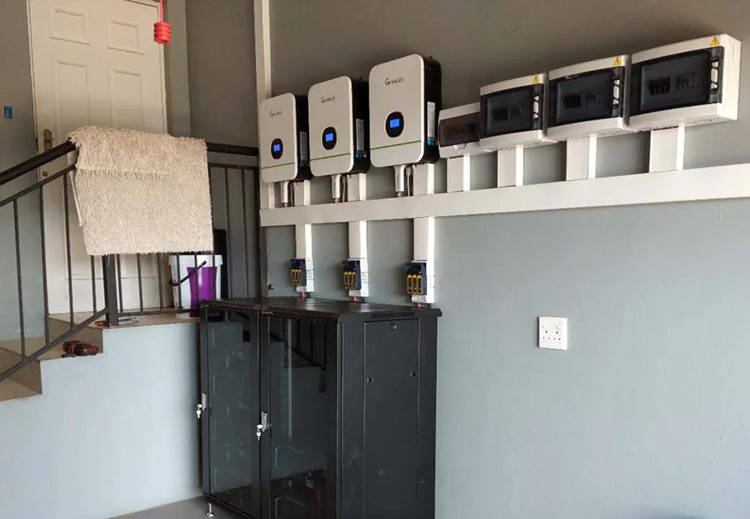
In an age where energy efficiency is paramount, homeowners are increasingly looking to energy storage solutions to not only lower their utility bills but also to increase their independence from the grid. Energy storage technologies allow you to store excess energy produced by renewable sources like solar panels, so it can be used during peak hours or when the sun isn't shining. Let’s explore some of the most popular energy storage technologies currently available to homeowners.
The most common energy storage technology for homes is battery storage. Lithium-ion batteries have become especially popular due to their efficiency, longevity, and decreasing costs. These batteries can store surplus energy generated from solar panels and release it when needed. Homeowners can also integrate battery systems with smart technology to optimize energy consumption, making this a versatile and user-friendly option.
Flywheel technology is another innovative option. By storing energy in a rotating mass, flywheels can discharge energy quickly and efficiently. Though typically more common in industrial settings, some residential applications are beginning to emerge. Flywheels boast a long lifespan and low maintenance, making them an attractive option for those looking for reliability and performance.
Pumped hydro storage involves moving water between two reservoirs at different elevations. While this technology is not typically utilized in individual homes, it's a significant contributor to large-scale energy storage solutions. However, homeowners can benefit from similar concepts by using small-scale hydro systems to generate and store energy if they live near appropriate water sources. This method can complement other renewable installations effectively.
Thermal energy storage (TES) uses materials that retain heat or cold to store energy. Homeowners can utilize various methods, such as heating water or using ice, to store energy generated during off-peak hours or from renewable sources. During peak demand times, they can draw from this stored thermal energy, thereby reducing their reliance on fossil fuels and lowering energy costs significantly.
With ongoing advancements in technology, the future of energy storage looks promising. Researchers are working on developing more efficient and affordable options, including organic batteries and solid-state technology. As innovations emerge, homeowners will have access to more versatile and sustainable energy storage solutions, making it easier than ever to harness renewable energy.
In conclusion, energy storage technologies are becoming an essential part of modern living. From conventional battery systems to emerging solutions like flywheels and thermal storage, homeowners have various options to choose from. As technology continues to evolve, investing in energy storage not only empowers homeowners to take control of their energy consumption but also contributes to a more sustainable future.
Next:What Batteries Are Used for Home Energy Storage
Previous:Understanding Home Energy Storage System Prices A Comprehensive Overview